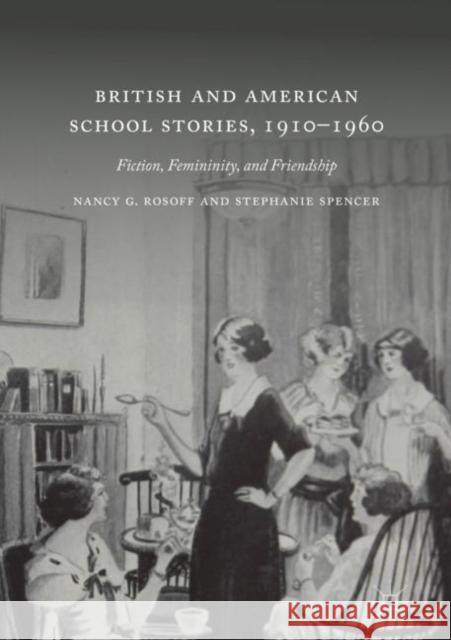British and American School Stories, 1910-1960: Fiction, Femininity, and Friendship » książka
topmenu
British and American School Stories, 1910-1960: Fiction, Femininity, and Friendship
ISBN-13: 9783030059859 / Angielski / Twarda / 2019 / 256 str.
British and American School Stories, 1910-1960: Fiction, Femininity, and Friendship
ISBN-13: 9783030059859 / Angielski / Twarda / 2019 / 256 str.
cena 322,77
(netto: 307,40 VAT: 5%)
Najniższa cena z 30 dni: 308,41
(netto: 307,40 VAT: 5%)
Najniższa cena z 30 dni: 308,41
Termin realizacji zamówienia:
ok. 22 dni roboczych
Bez gwarancji dostawy przed świętami
ok. 22 dni roboczych
Bez gwarancji dostawy przed świętami
Darmowa dostawa!
Kategorie BISAC:
Wydawca:
Palgrave MacMillan
Język:
Angielski
ISBN-13:
9783030059859
Rok wydania:
2019
Wydanie:
2019
Ilość stron:
256
Waga:
0.47 kg
Wymiary:
21.01 x 14.81 x 1.6
Oprawa:
Twarda
Wolumenów:
01
Dodatkowe informacje:
Wydanie ilustrowane











